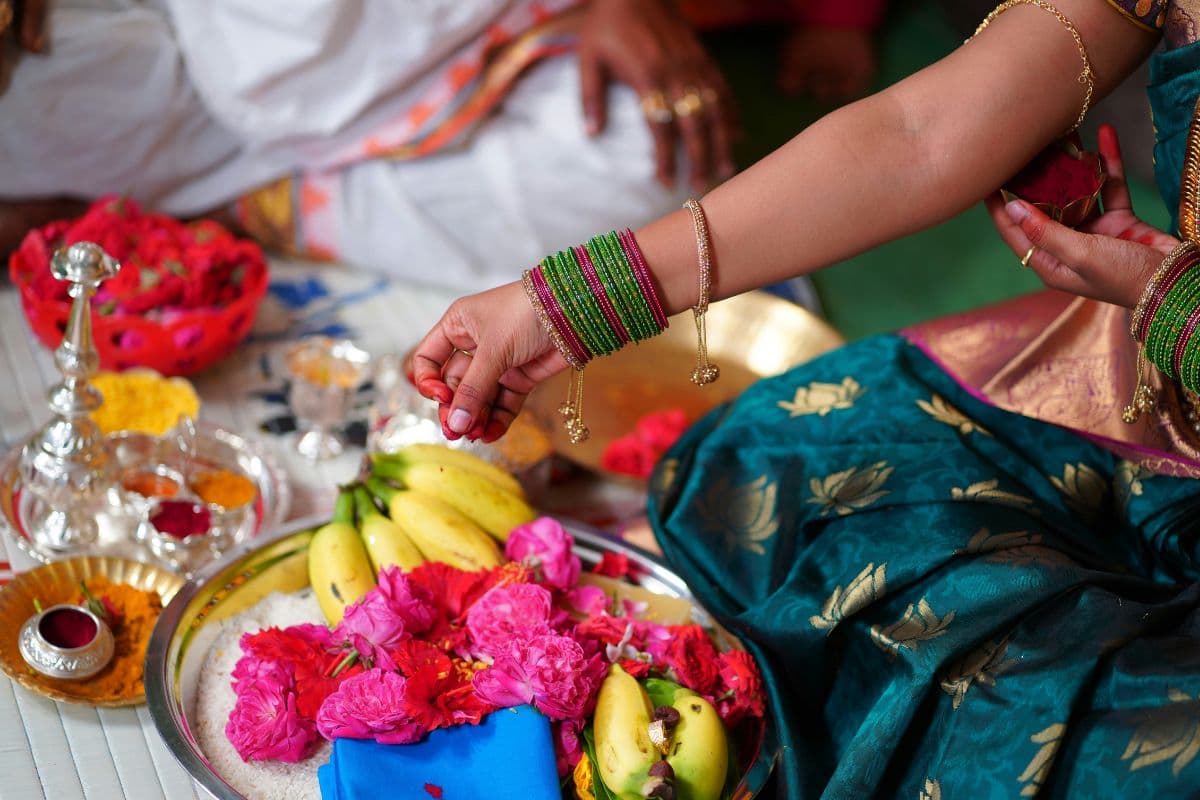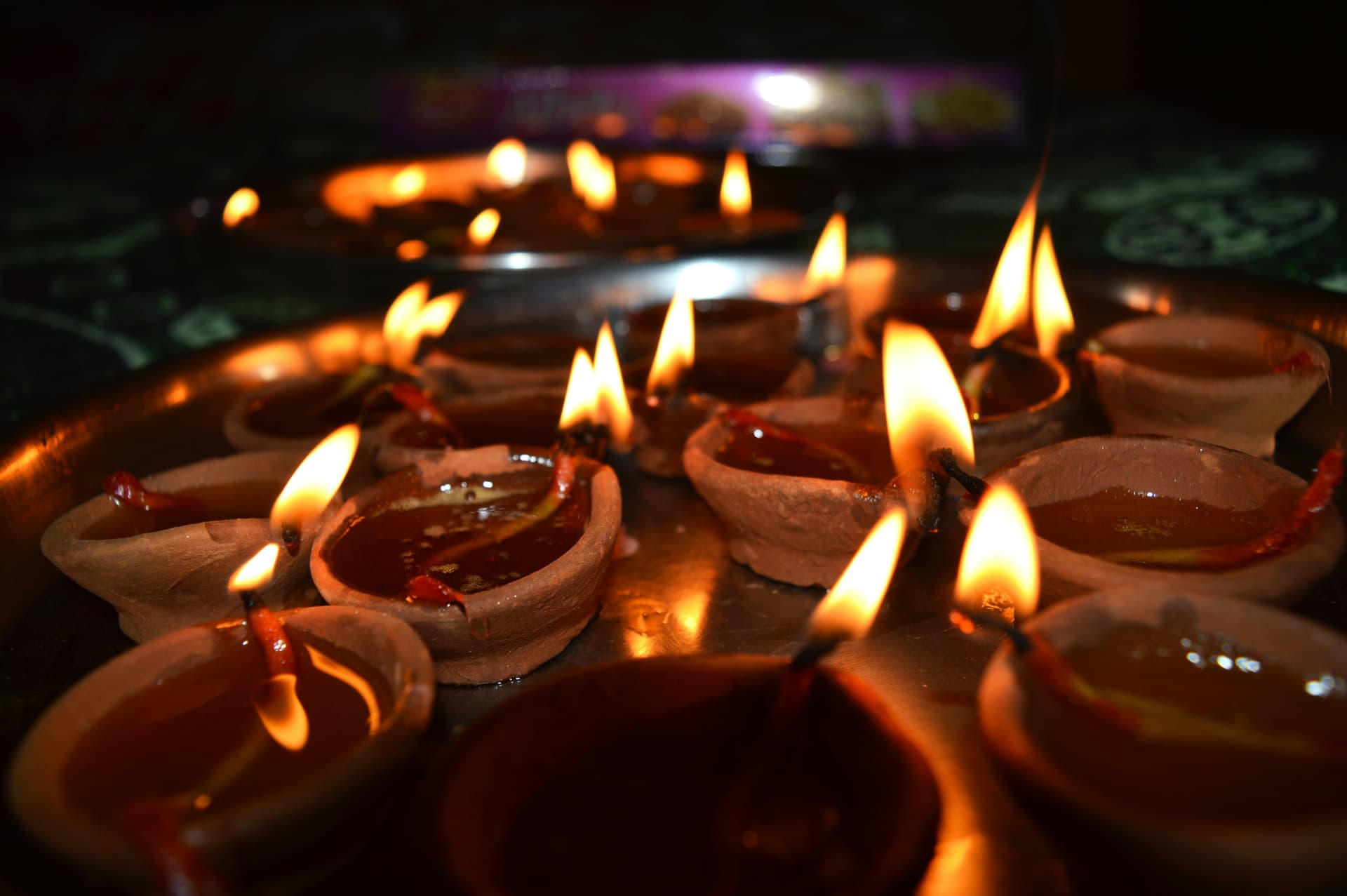Best time to do pooja at home daily: Morning and evening spiritual guide

Discover the best times to perform pooja for peace, focus, and divine blessings
Pooja is more than just a ritual; it is a moment to pause, connect with higher energy, and invite peace into your home. For generations, families have started and ended their days with Pooja, lighting lamps, offering flowers, and chanting sacred mantras. But if you have ever wondered, ‘What is the best time to do Pooja at home?’, you’re not alone.
Timing your Pooja correctly can enhance its spiritual benefits, setting a powerful tone for your mind, body, and space. Just like you eat at fixed hours or do exercise when your body feels right, the time of your Pooja influences its impact deeply. Let’s explore the most auspicious times to perform Pooja daily, practical tips for home Pooja, and special moments to deepen your spiritual connection.
Morning Pooja Time: The Most Auspicious Start for Your Day
If you’ve ever woken before sunrise, you know the world feels fresh, peaceful, and full of potential. This is why morning is considered the most powerful time for Pooja. Many spiritual traditions point to the Brahma Muhurta, about 90 minutes before sunrise, as the ideal time.
At Brahma Muhurta, the mind is calm and receptive, the air is pure, and the atmosphere vibrates with spiritual energy. Performing your morning Pooja during this sacred window brings clarity, focus, and balance to your entire day. Even a brief prayer, lighting a diya, or chanting for a few minutes can invite divine blessings and prepare you mentally and spiritually for what’s ahead.
If you are in a rush, remember that even 2 minutes of sincere morning devotion can be more powerful than a long ritual done half-heartedly later. Morning Pooja is like breakfast for your soul, nourishing your spirit first thing.
Evening Pooja Time: A Gentle & Spiritual Closure to Your Day
Evenings signal the transition from day to night, a powerful moment to unwind and release accumulated stress. The best time for evening Pooja is around sunset, when energies shift and spiritual vibrations become potent.
Evening Pooja offers a chance to cleanse your mind and heart of the day’s challenges, promoting forgiveness and gratitude. It often becomes a family ritual, fostering unity and shared spiritual growth. Lighting diyas, ringing bells, and chanting together make this time deeply meaningful. Moreover, ending your day with gratitude through Pooja can improve your sleep quality, allowing you to rest peacefully with a calmer heart and mind.
Which Is the Best Time to Do Pooja at Home?

Ultimately, the best time is when you can perform Pooja sincerely and consistently without rushing. Your devotion and presence matter the most.
For personalised guidance on your ideal Pooja timing according to your birth chart, consult Agastyaa on AstroSure.ai.
Other Special Times to Perform Pooja at Home
Festivals and Holy Days: Key festivals like Diwali, Navratri, Ganesh Chaturthi, and Pongal have unique auspicious timings that magnify spiritual benefits.
Before Important Milestones: Pooja, before weddings, housewarmings, exams, or job interviews, invites divine blessings for smooth transitions.
Astrology-Based Timings: Some families follow astrological calendars to align their rituals with cosmic rhythms for greater harmony.
Essential Do’s and Don’ts for Daily Home Pooja
Do’s:
-
Cleanse yourself by washing your hands and feet or taking a bath before Pooja.
-
Keep your Pooja space tidy and dedicated to spiritual practices.
-
Offer fresh flowers, water, milk, and sweets.
-
Light a diya to invite divine light.
-
Maintain sincere focus; a few mindful minutes work wonders.
Don’ts:
-
Avoid rushing through your Pooja as if it’s a chore.
-
Don’t use stale or spoiled offerings.
-
Leave behind anger or frustration before starting.
-
Don’t break the ritual regularly; consistency builds spiritual discipline.
Frequently Asked Questions (FAQs)
1. What is the most auspicious time to do Pooja daily?
Early morning during Brahma Muhurta (about 90 minutes before sunrise) and around sunset are the most powerful daily timings.
2. Can I do Pooja anytime if I miss the auspicious hours?
Yes, performing Pooja with full sincerity and devotion is more important than the exact timing.
3. Are there other special timings for Pooja apart from daily ones?
Yes, special occasions, festivals, and astrological timings add extra spiritual significance to your rituals.
4. How can astrology help in determining the best Pooja time for me?
Customised Pooja times based on your birth chart align your rituals with cosmic energies for optimal benefits.
Morning Pooja plants seeds of peace and clarity at the start of your day. Evening Pooja waters those seeds by releasing stress and inviting gratitude. Both times nourish your spiritual well-being. More than rigid schedules, the power of your Pooja lies in your devotion and consistency. When you pause, fold your hands, and express gratitude, even brief moments become sacred.
Curious about the most spiritually aligned time for your Pooja? Visit AstroSure.ai and unlock your personalised cosmic guidance



